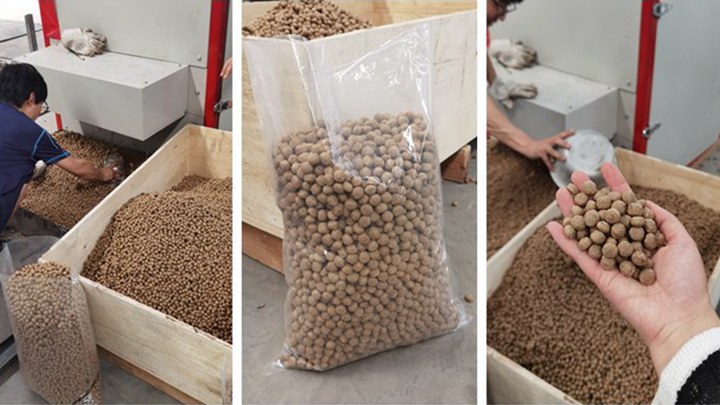
Oct 19, 2017 · Fish Farming Pros & Cons By Brenton Shields | Updated October 19, 2017 Fish farming, which is more commonly known as aquaculture, is a common practice all over the world and makes up a very large portion of the food industry.
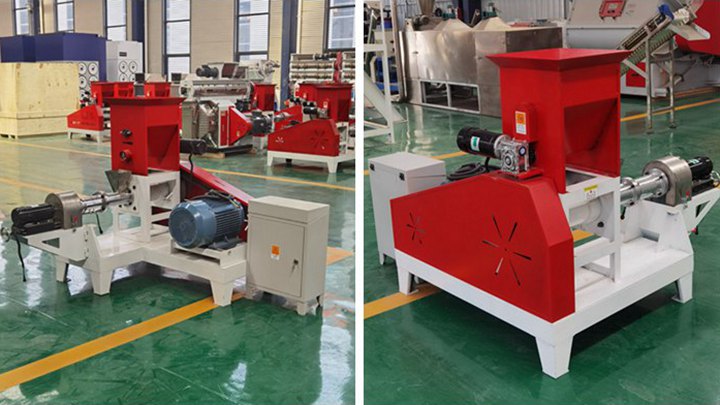
Jan 20, 2023 · 5 Cons of Aquaculture. 1. Unique Environmental Challenges. Aquaculture faces its own set of environmental issues ranging from destroying important ecosystems and habitats to the use of harmful chemicals and antibiotics, and the reliance on wild-caught fish and other unsustainable ingredients in feed.
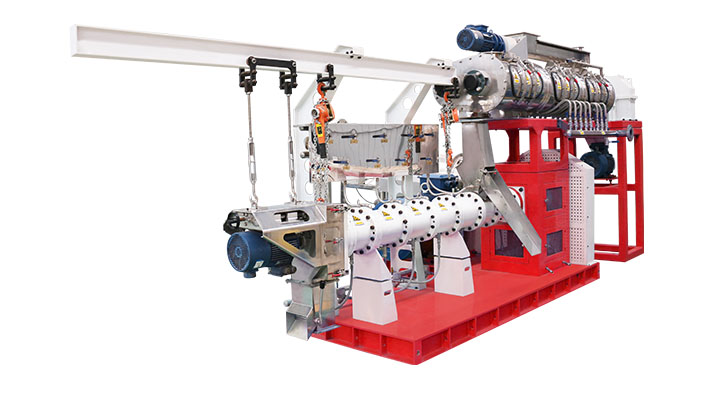
Some marine species have already become critically endangered or reached extinction. Fish farming helps to reduce the deficits in seafood market and allows more people to have fish at affordable rates. 4. Protection of Coastal Areas. Aquaculture farms are preferred to be set up in coastal areas.
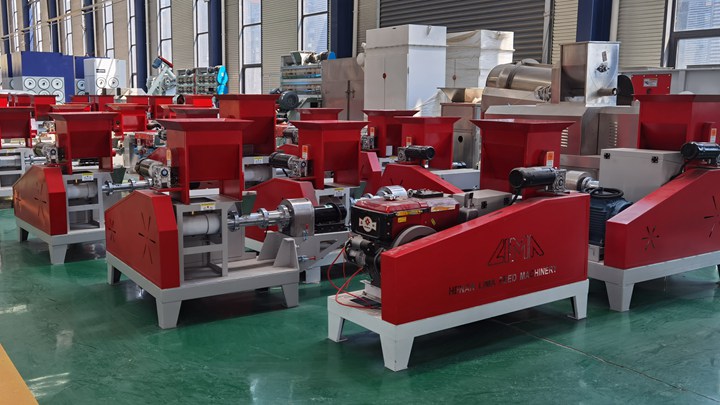
Aug 30, 2024 · The Cons Of Aquaculture. While aquaculture offers substantial benefits, it also presents notable challenges: Aquaculture Can Damage Local Gene Pools . Fish farms can interfere with local genetic diversity when non-native species escape and interbreed with native populations. Preventing such escapes often involves maintaining optimal water
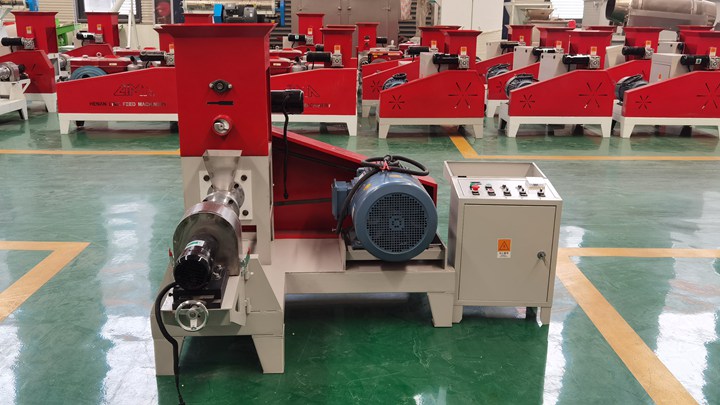
Mar 27, 2019 · Editor’s note: This post is part of the Aquaculture 101 series. Aquaculture 101 is an educational campaign that the GSA is carrying out throughout 2019. The mission of the campaign is to spread awareness about basic aquaculture facts and information to those who might not know about aquaculture, or those who might be skeptical of farmed fish.
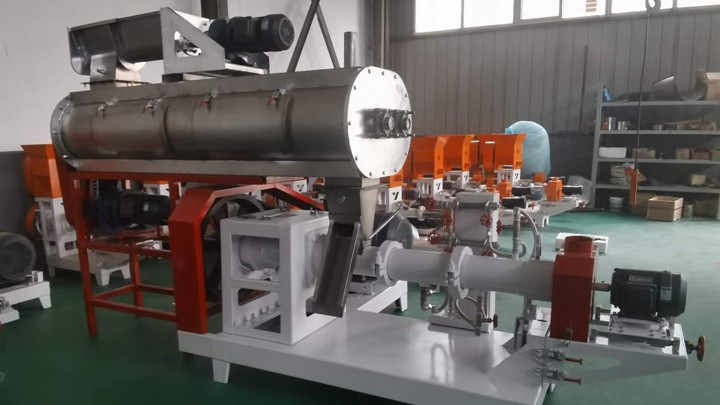
By raising fish, more people can include fish in their diets and get the benefits of a large fish diet. List of Cons of Aquaculture. 1. Propagation of Invasive Species Critics of aquaculture say, although the original intention of farming fish for consumption and increasing the number of fish is good.
Sep 30, 2020 · Aquaculture creates year-round jobs, supports resilient working waterfronts and coastal communities, and can provide sustainable economic growth. Across the United States, aquaculture production is valued at $1.5 billion. Aquaculture also drives employment in other areas of industry, such as seafood processing and feed and equipment
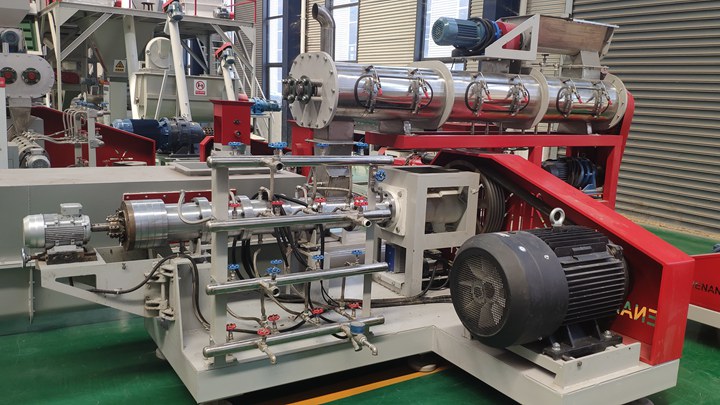
Oct 30, 2022 · World aquaculture is increasingly diversified and intensive, due to the use of new technologies, having grown a lot in recent decades and contributed significantly to improving food security and reducing poverty in the world, with fish farming being a promising activity for the production of protein with high nutritional value. The large aquaculture companies that recognize the potential of
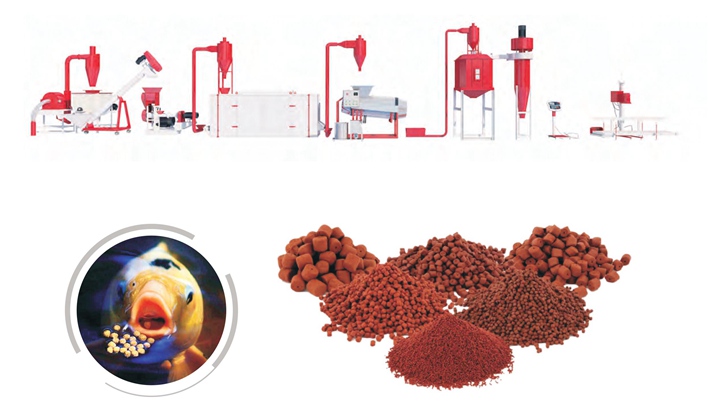
Mar 24, 2021 · “Most aquaculture is about fish people can afford to eat – and most of the farming of aquatic animals happening in Asian countries stays in those countries,” said study co-author David
.jpg)
Sep 2, 2024 · 50 Intense Pros and Cons Aquaculture (Fish Farming) Aquaculture, also known as fish farming, is the practice of cultivating aquatic animals and plants in controlled environments. This industry has a long history and has become increasingly important in today’s world due to the need for sustainable food production.
.jpg)
through aquaculture rather than fished. Arguments against aquaculture: 1. Can conflict with other users of water bodies such as lobstermen, fishermen or migrating fish 2. Can put excess pressure on wild stocks that are used to create high protein feed pellets 3. Can amplify and transfer disease and parasites to wild fish populations 4.
.jpg)
Feb 5, 2021 · Hybrid vigour is not just expressed in fish, it is also commonly seen in aquatic invertebrates. A group of researchers from Guangzhou examined the performance characteristics of two populations of the boring giant clam (Tridacna crocea) and their reciprocal hybrids.
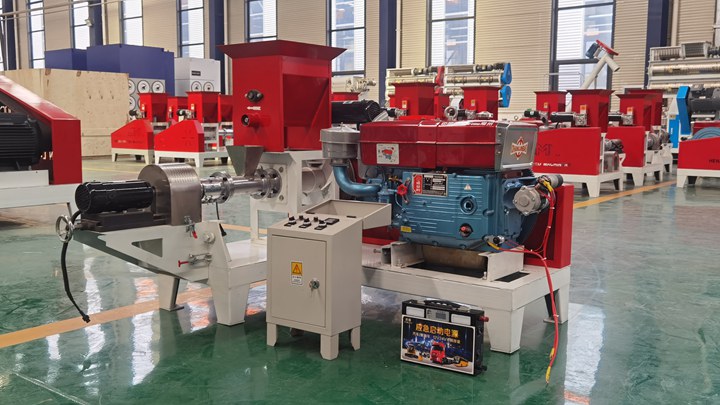
Aug 18, 2024 · Aquaculture, often known as fish farming, is a rapidly growing industry that plays a vital role in addressing global food demands. With the world’s population projected to reach 9.7 billion by 2050, the need for sustainable protein sources is becoming increasingly pressing.
.jpg)
The Pros and Cons of Fish Farming. Fish farming—aquaculture—has been practiced for hundreds of years, from Pre-Columbian fish traps in the Amazon basin to carp ponds on ancient Chinese farms. Today aquaculture produces a wide variety of both freshwater and saltwater fin fish, crustaceans, and mollusks: farmed species include salmon, shrimp
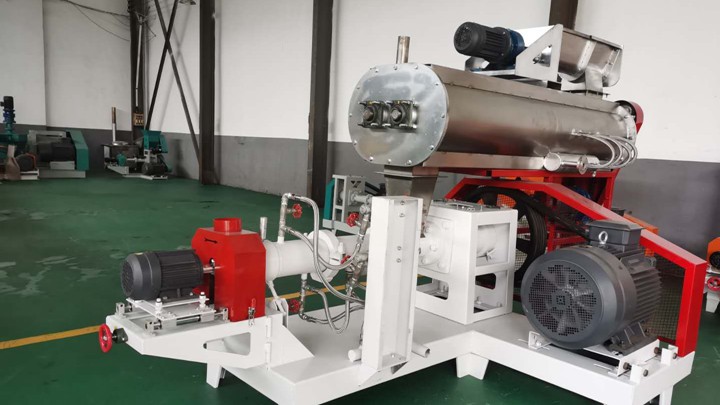
Oct 5, 2019 · Fish farming, which is part of our aquaculture, is the commercial breeding of large amounts of fish for the purpose of food for human consumption. One example most of us may be familiar with is Salmon farming , as an increasing number of what we now buy in supermarkets consists of farm-raised Salmon instead of its wild-caught cousin.